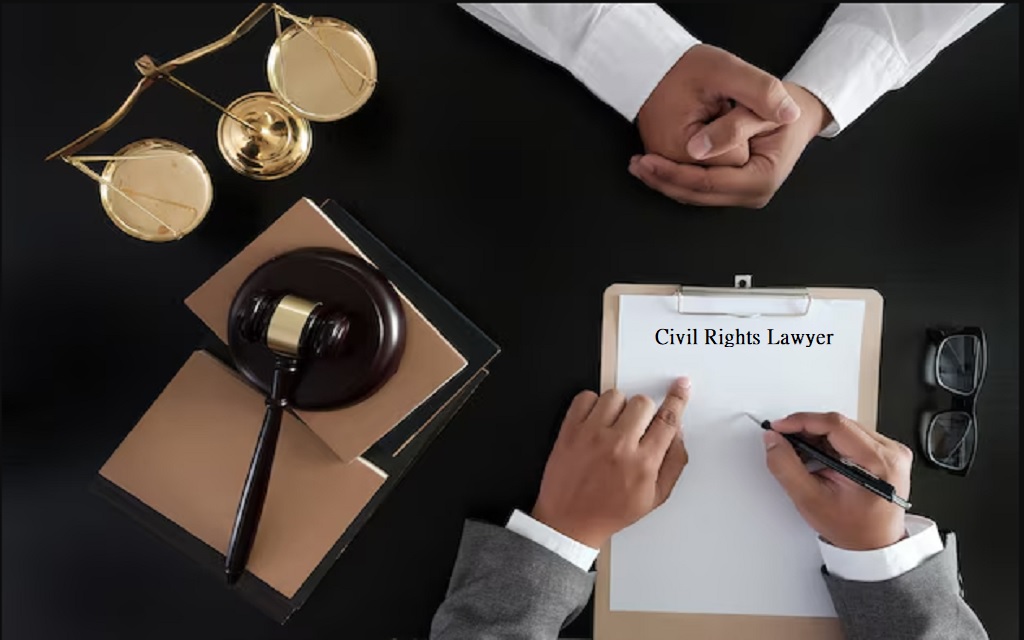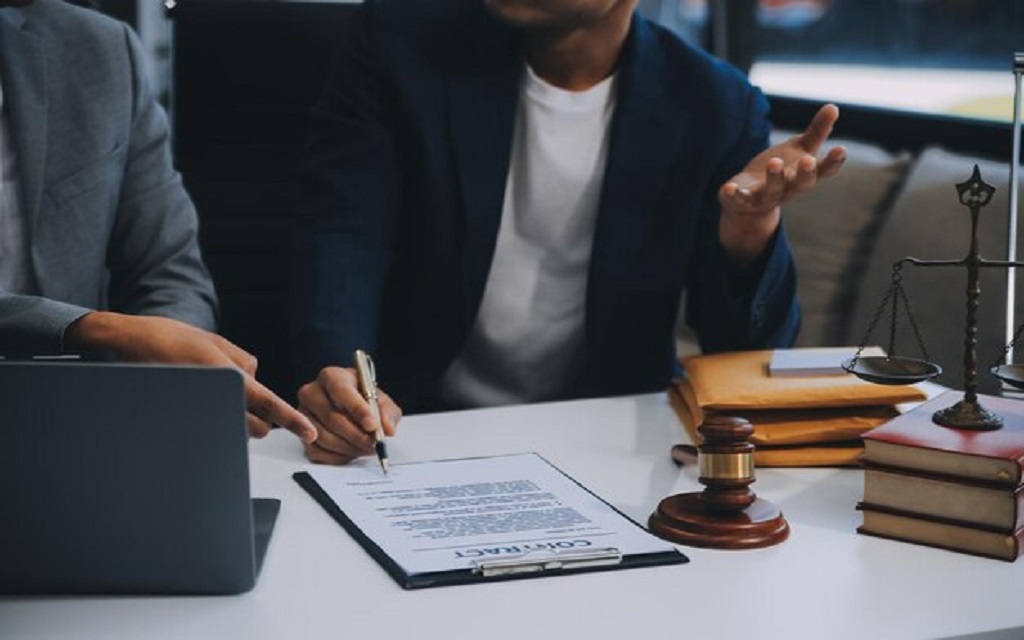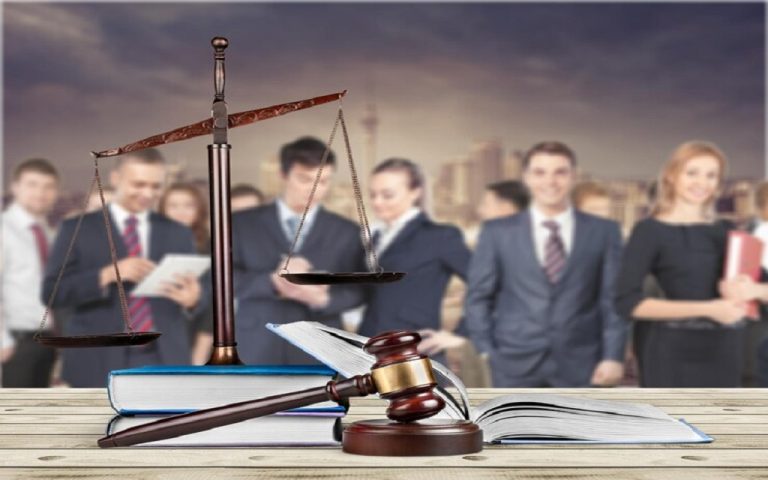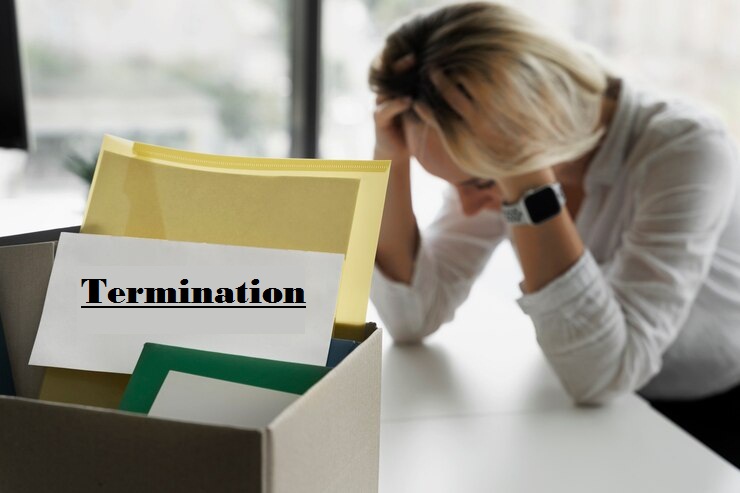A civil rights lawyer fights for justice, protecting people from police misconduct, discrimination, wrongful convictions, and free speech violations. Their work ensures equal legal protection for all.
What You’ll Learn:
- Key duties of a civil rights attorney
- Landmark Cases That Shaped Civil Rights Laws
- Steps to become a civil rights lawyer
This guide provides essential insights into civil rights law, whether you’re seeking justice or considering a legal career.
Which Cases Are Handled by Civil Rights Attorneys?
A civil rights attorney pursues justice in a variety of situations. The following are typical legal concerns they handle:
- Employment Discrimination – Protects workers from bias based on age, gender, race, or disability.
- Police Brutality – Holds officers accountable for excessive force and wrongful arrests.
- Housing Discrimination – Shields tenants from unfair evictions and rental denials.
- Voting Rights Violations – Fights laws that limit voting access and fair elections.
- Free Speech Violations – Defends against censorship and retaliation.
Having a professional lawyer when dealing with civil rights violations is crucial. Justice is more likely to be served with a strong defense. Civil rights lawyers often work alongside organizations like the American Civil Liberties Union (ACLU), the National Association for the Advancement of Colored People (NAACP), and the Equal Employment Opportunity Commission (EEOC).
How Have Civil Rights Lawyers Shaped Legal History?
Civil rights lawyers have been essential in historic cases. Their legal triumphs have improved social fairness and influenced constitutional safeguards.
What Are the Most Influential Civil Rights Cases?
Several cases have defined civil rights law. Here are key legal battles that changed history:
- Brown v. Board of Education (1954) – Ended racial segregation in public schools.
- Miranda v. Arizona (1966) – Required police to inform suspects of their legal rights.
- Loving v. Virginia (1967) – Struck down laws banning interracial marriage.
- Obergefell v. Hodges (2015) – Legalized same-sex marriage nationwide.
- Floyd v. City of New York (2013) – Declared racial profiling in stop-and-frisk procedures unconstitutional.
A civil rights attorney plays a crucial role in ensuring justice. If you experience discrimination, seek legal assistance immediately.
How to Become a Civil Rights Lawyer
A civil rights lawyer may be very fulfilling if you are interested in social justice and legal activism. Here’s how to enter this field step-by-step:
Complete a Bachelor’s Degree.
A law degree requires an undergraduate education first. While there’s no specific major required, standard fields of study include:
- Political Science
- Criminal Justice
- Sociology
- History
- Pre-Law
Take the Law School Admission Test (LSAT)
Students must take a standardized LSAT test to be admitted to law school. This test assesses abilities such as analytical thinking, reading comprehension, and logical reasoning.
Earn a J.D. (Juris Doctor) Degree
The average length of time to finish law school is three years. Future civil rights attorneys should concentrate on the following during this time:
- Constitutional Law
- Civil Rights Litigation
- Criminal Justice
- Public Interest Law
Many students also intern at civil rights organizations to gain hands-on experience.
Pass the Bar Exam
Graduates must pass the bar exam in their state to practice law. This exam tests legal knowledge and ensures competency to practice law.
Gain Legal Experience
New attorneys often start their careers by:
- Working in public defender’s offices or non-profit organizations.
- Assisting senior civil rights lawyers in legal research and case preparation.
- Joining law firms that specialize in constitutional law or public interest litigation.
Specialize in Civil Rights Law
With experience, lawyers can specialize further in areas like:
- Employment & Labour Rights: Combating Discrimination at Work.
- Criminal Justice Reform: Reforming the criminal justice system to address police misbehavior and erroneous convictions.
- Disability Rights Advocacy: The goal of disability rights advocacy is to ensure equitable access and accommodations for people with disabilities.
Continue Education & Stay Informed
Civil rights law evolves continuously. Lawyers must stay updated on the following:
- New legislation and landmark rulings.
- Social movements and public policy changes.
- Emerging issues like digital privacy rights and AI-driven discrimination.
Join Professional Organizations
Building a network is crucial for professional advancement. Many lawyers specializing in civil rights join groups like:
- Guild of National Lawyers (NLG)
- Civil Liberties Union of America (ACLU)
- Initiative for Equal Justice (EJI)
These organizations offer networking opportunities, legal education, and resources for civil rights professionals.
What Are the Necessary Skills for a Civil Rights Attorney?
A successful civil rights lawyer must have significant legal expertise and persuasive abilities. You should concentrate on honing the skills necessary for this line of work.
Which Competencies Make Civil Rights Attorneys Successful?
Several skills improve an attorney’s effectiveness. Here are the critical abilities required in this field:
- Legal research and writing – Analyze case law and draft persuasive arguments.
- Litigation skills – Present cases effectively in court.
- Negotiation abilities – Resolve disputes through settlements and mediation.
- Public speaking – Advocate for clients in legal proceedings.
- Critical thinking – Evaluate cases and identify legal strategies.
A civil rights attorney must stay informed of legal developments, as new laws and court decisions always impact the field.
Where Do Civil Rights Lawyers Work?
Civil rights attorneys practice in various contexts. It is crucial to select a workplace that supports your professional objectives.
Which Workplaces Are Typical for Civil Rights Attorneys?
Lawyers in this area work in a variety of legal settings. Here are typical workplaces for civil rights lawyers:
- Nonprofit organizations – Work for groups like the ACLU or NAACP.
- Government agencies – Handle civil rights enforcement at the state or federal level.
- Private law firms – Represent clients in civil rights lawsuits.
- Legal aid societies – Provide free legal assistance to marginalized communities.
- Academic institutions – Teach law or conduct civil rights research.
A profession in civil rights law provides chances to leave a lasting impression. The need for qualified lawyers is only increasing.
Why Are Civil Rights Lawyers Important Today?
A civil rights attorney is essential to defending liberties. You ought to comprehend why, in the modern world, legal advocacy is still crucial.
What Impact Do Civil Rights Attorneys Have on Contemporary Society?
Attorneys are still fighting for justice. Here are key ways civil rights lawyers make a difference:
- Challenging discriminatory laws – Fight against unconstitutional policies.
- Holding authorities responsible: Make sure that law enforcement adheres to the law.
- Defending underprivileged groups: Promoting equitable treatment for all people.
- Ensuring equal opportunity: Protecting employees from discrimination at work.
- Upholding constitutional rights: Protecting liberties like speech and privacy is part of it.
A civil rights attorney can provide legal assistance to those who most likely need it. If you are an injustice victim, you should speak with a lawyer immediately.
Conclusion
Civil rights lawyers protect fundamental liberties. Obtaining legal education and specialized abilities is necessary to practice civil rights law. You should speak with a knowledgeable lawyer if you require legal assistance.
Justice-upholding lawyers are essential to a just society. Expert solicitors remain crucial in defending liberties in the ongoing struggle for civil rights.
Must Read: Car Accident Lawyer: How to Find the Best Attorney





